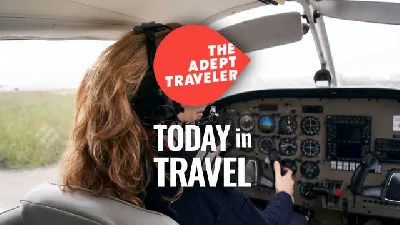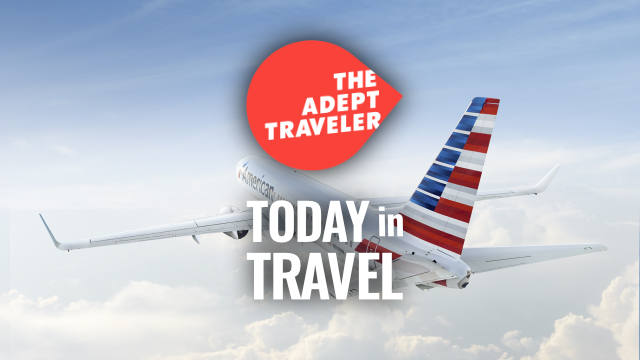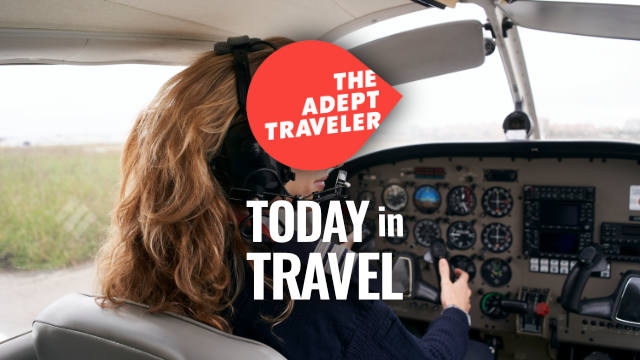Pilot Shortage
Title: Pilot Shortage: Implication and Possible Solutions for the Travel Industry
Introduction
The pilot shortage is a phenomenon that has affected the aviation industry globally in the last few years. Its consequences are visible in the reduction of flight schedules, financial losses, and the closure of many regional airlines. This crisis is not only impacting the airline companies and employees, but it is also causing significant inconvenience to travelers worldwide. As the travel industry is an essential contributor to economic growth, it is crucial to understand the root causes and implications of the pilot shortage and explore possible solutions and alternatives to overcome this challenge.
Causes of the Pilot Shortage
The main factors contributing to the pilot shortage are the increasing demand for air travel, the aging pilot workforce, mandatory retirement age, and the high cost of pilot training, coupled with insufficient new pilots entering the industry to replace the ones retiring. Additionally, recent market volatility has further aggravated the problem, with several airline bankruptcies, mergers or acquisitions, and the lingering effect of the COVID-19 pandemic on the travel industry.
Increasing Demand for Air Travel
Over the past two decades, the rapid expansion of the aviation industry has led to an unprecedented demand for air travel. The rise in global population, growth in emerging markets, and affordability of air travel have all contributed to the increased need for pilots.
According to Boeing, the aviation industry requires about 790,000 new pilots by 2039 to sustain this growth, posing a substantial challenge for airlines, trying to recruit enough pilots to meet the rising demand.
Aging Pilot Workforce
The pilot population is aging and reaching the mandatory retirement age of 65, leaving a plethora of job vacancies that the younger generation is struggling to fill. This confluence of retirements and the lack of new pilots entering the industry is exacerbating the pilot shortage.
High Training Costs
To become a commercial airline pilot, an individual must undergo extensive and expensive training that can cost between $80,000 to $100,000, without factoring in other expenses like accommodation, living, and transport. The high costs of training can deter potential pilots from pursuing this career, as the return on investment may appear too low in comparison to the expenses incurred.
Effect of the COVID-19 Pandemic
The COVID-19 pandemic significantly reduced demand for air travel, putting immense financial pressure on the airlines. In response, airlines furloughed employees, including pilots. As a result, there was a sharp but temporary decrease in the pilot deficit, but it has not mitigated the long-term effects of the underlying issues.
Impacts of the Pilot Shortage on the Travel Industry
Flight Reductions and Cancellations
Flight schedules are often reduced or entirely canceled due to the unavailability of pilots, causing inconvenience to travelers and disrupting their plans. This issue can be particularly prevalent in regional carriers that tend to have relatively fewer pilots and resources than major airlines.
Financial Losses
Pilot shortage significantly impacts the airline's bottom line. Companies have increased pilots' salaries and benefits, driving up recruitment costs, and subsequently forcing some carriers to file for bankruptcy, merge or be acquired by larger airlines. Such financial instability may result in passengers experiencing flight disruptions or having their options limited when planning their trips.
Inadequate Service to Smaller Communities
Many regional carriers provide essential services to smaller towns and remote locations, allowing residents to access medical care, employment opportunities, or visit family members. However, these carriers are most susceptible to the pilot shortage, often resulting in the termination of services to such locations. The consequences are amplified concerns about social and economic isolation for the people living in these underserved communities.
Possible Solutions to the Pilot Shortage
Training More Pilots
Efforts need to be made to attract more individuals to the aviation career path, starting from a young age through aviation clubs, career fairs, and scholarships. By investing in pilot training and education, the industry can create a smoother path for young professionals to enter the field, thus helping bridge the pilot gap.
Collaboration with Aviation Schools
Airlines can collaborate with aviation schools to provide sponsorship programs to ease the financial burden of training for aspiring pilots. These programs may prove advantageous for both parties: the airlines get a fresh supply of pilots, and students receive financial assistance and job security upon completion of their training.
Embracing Technological Advancements
Technological advancements in simulators and virtual reality training systems have significantly reduced training costs and aviation accidents. The industry must continue to embrace innovative tools and methodologies to ease the training process and make the career more appealing to potential candidates.
Conclusion
Pilot shortage has become a significant challenge for the travel industry, with implications ranging from flight cancellations and financial losses for airlines to the deprivation of essential services in remote areas. It is essential to address the root causes of this crisis by investing in pilot training, promoting aviation as a viable career, and embracing technological advancements. By doing so, the travel industry can overcome these challenges and continue its trajectory of growth and expansion.
Navigating the Skies: Solutions to the Pilot Shortage and Its Impact on Travel

American Airlines Pilot Strike, New Legislation to Ease Pilot Shortage & FAA's New Routes

American Airlines Pilots Authorize Strike: Travelers Brace for Potential Disruptions

Bipartisan Legislation Aims to Alleviate Pilot Shortage and Improve Air Travel Experience

